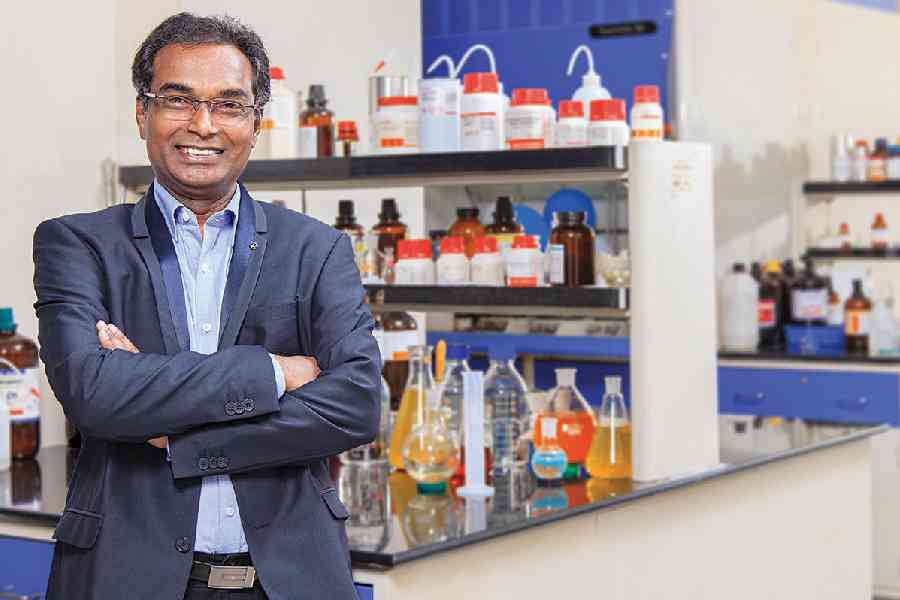Union science and technology secretary Srivari Chandrasekhar, an award-winning organic chemist, has opted to return to his parent organisation, the first time in nearly four decades a science secretary will leave the agency mid-tenure.
The appointments committee of the cabinet has approved the “premature repatriation” of Chandrasekhar to the Council of Scientific and Industrial Research (CSIR) on July 10 “on personal grounds”, a note circulated by the committee on Friday said.
Chandrasekhar, 59, was director of the Indian Institute of Chemical Technology, Hyderabad — a CSIR lab — when the Centre on December 4, 2021, appointed him secretary to the department of science and technology (DST) in the science ministry for two years, or until he turned 60, or “until further orders”.
The DST secretary has always been a scientist from an academic institution or a research agency, called to serve as the top administrator in the science ministry.
His predecessors were Ashutosh Sharma from the Indian Institute of Technology, Kanpur, T. Ramasamy from the CSIR’s Central Leather Research Institute, Chennai, V.S. Ramamurthy from the atomic energy department, P. Ramarao from the Defence Research Development Organisation, and V.S. Gowarikar from the space department.
The DST is primarily a science funding and policy-steering body, focused on fundamental science research and the development of indigenous technologies and industry-academic partnerships.
Chandrasekhar’s research efforts at the IICT had led to the synthesis of complex and scarcely available natural products as well as low-cost versions of an anti-TB medicine and a drug called misoprostol, used to treat stomach ulcers and terminate unwanted pregnancies.
Chandrasekhar did not respond to phone calls from this newspaper on Saturday.
His tenure at the DST has coincided with what a professor of physics at a centrally funded academic institution described as “an uneasy” relationship between the science community and the Narendra Modi government.
Many scientists say they are disappointed at what they view as a decline in research funds alongside other changes such as the removal of evolutionary theory from the Class X curriculum and the discontinuation of the Kishore Vaigyanik Protsahan Yojana fellowship scheme.
“There has been a disillusionment — some changes we’re seeing signal that science is not really a priority for the government,” said a scientist from an academic institution.











